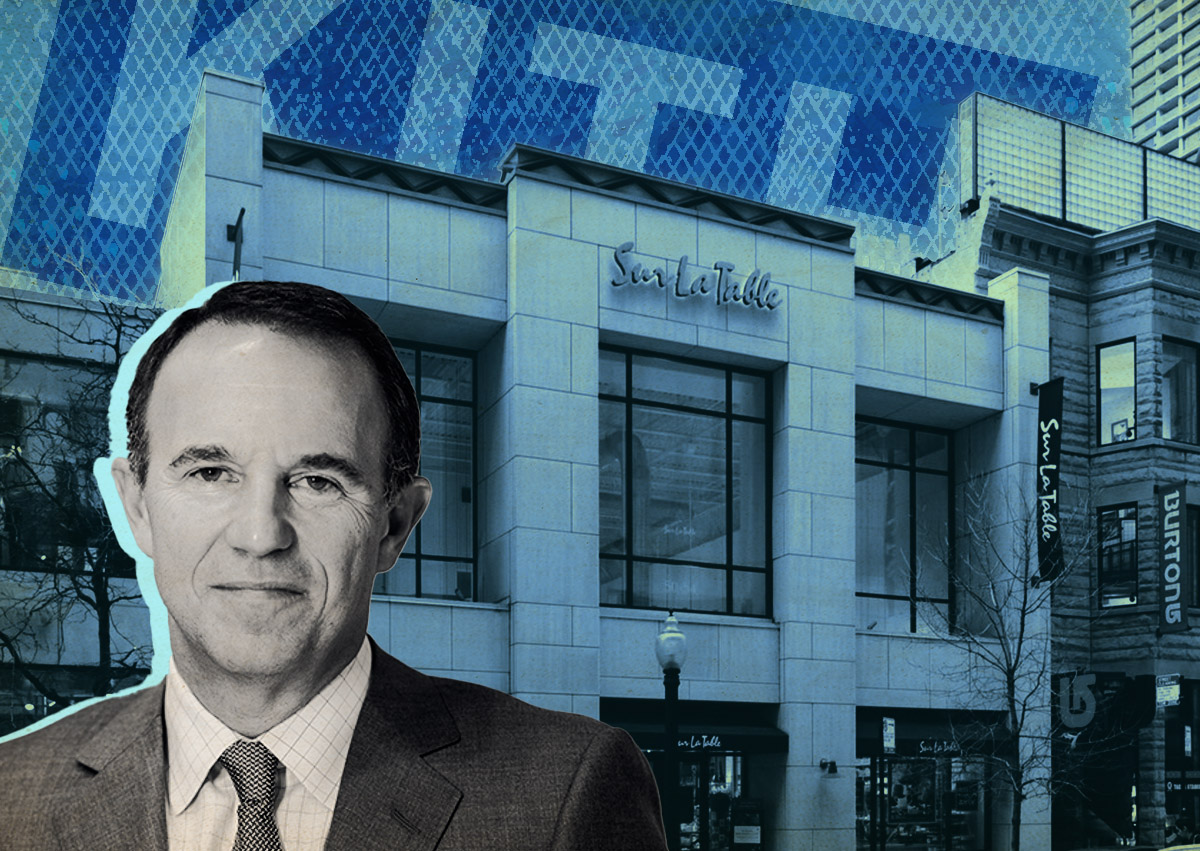K
ith, a high-end clothing retailer founded by designer Ronnie Fieg, has secured a significant lease in Chicago's Gold Coast shopping district. The company will occupy an entire building at 50-54 East Walton Street, which spans 17,600 square feet and was previously home to Sprinkles Cupcakes. While Acadia Realty Trust, the landlord, did not disclose Kith as the tenant during an analyst call, sources confirmed the deal.
Kith's entry into the Gold Coast follows a trend of luxury brands relocating from the Magnificent Mile to this upscale neighborhood. Other high-end retailers, such as Chanel and Van Cleef & Arpels, have recently made similar moves. Spanish retailer Mango has also leased space in the area at 664-670 North Michigan Avenue.
The Walton Street lease is seen as a testament to the Gold Coast's strength as a retail destination. "With very low vacancy on Rush and Oak, this quadrant of Walton has taken off," said John Vance, a retail broker at Stone Real Estate. Another luxury brand, Lugano Diamonds, is also set to enter the area with a multilevel space at 100-104 East Oak Street.
Acadia Realty Trust, which owns a significant portion of Chicago's retail portfolio, has been actively expanding its presence in the city. Its Chicago properties are currently 82 percent occupied, compared to higher rates in its New York City holdings. The overall retail occupancy rate in Chicago hit a 30-year low of 4.7 percent in the third quarter.














